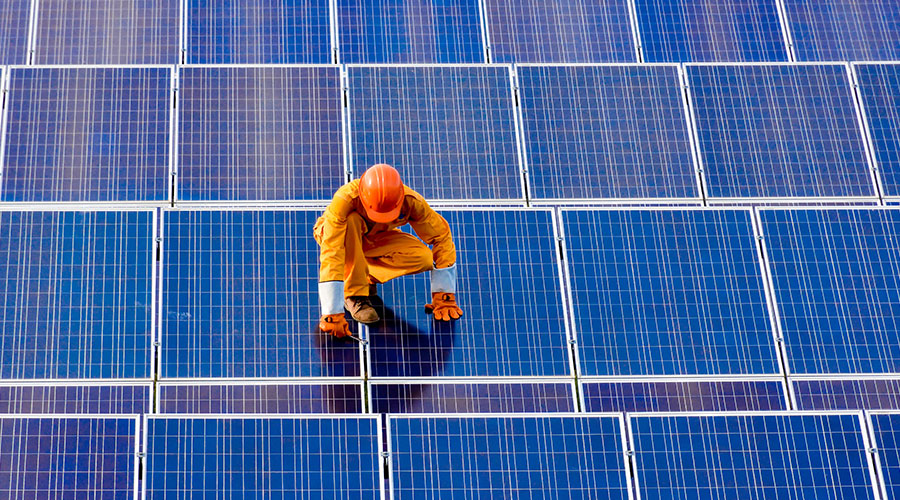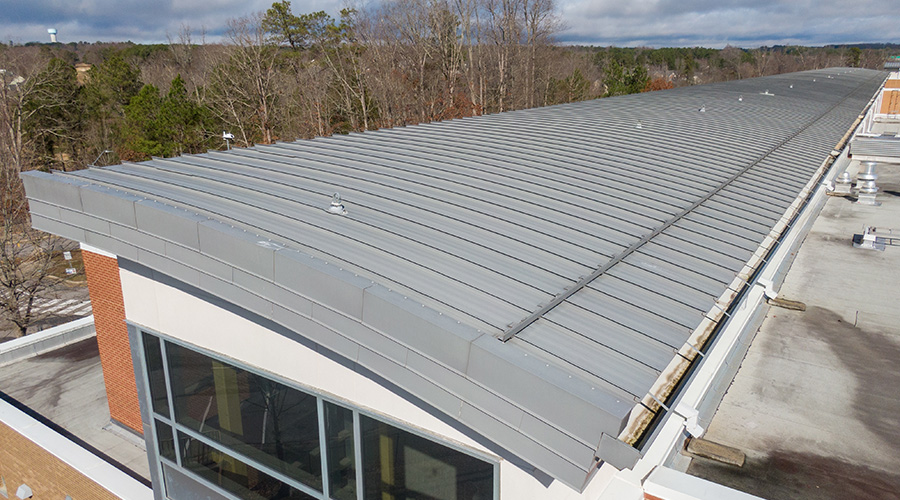Federal Legislation Threatens Solar Projects
The legislation phases introduce significant changes to commercial solar incentives.
A 2023 study by Allied Market Research projects that the global solar energy sector will reach nearly $300 billion by 2032, more than triple the $94.6 billion recorded in 2022. With this trajectory, it’s no surprise that solar adoption continues to rise.
In the United States, photovoltaic (PV) systems accounted for 69 percent of all new electricity-generating capacity added during the first quarter of 2025, according to the U.S. Solar Market Insight Q2 2025 report by the Solar Energy Industries Association (SEIA).
Despite this momentum, SEIA warns that recent federal reconciliation legislation of reducing key tax incentives could pose a significant challenge to continued growth and even threaten the reliability of future energy supply.
“America is in the midst of an energy manufacturing boom, with new solar and storage factories opening across the country thanks to the forward-looking policy this law will upend,” said SEIA president and CEO Abigail Ross Hopper in a July statement. “Now many of these brand new factories will be forced to shut down and lay off thousands of workers, gutting communities that were finally seeing the kind of industrial revival rural America needs.”
The legislation phases introduce significant changes to commercial solar incentives. Projects in the institutional and commercial markets that begin construction after January 1, 2026, will be subject to new rules restricting the use of equipment from “foreign entities of concern.”
In addition, projects that do not commence construction before July 5, 2026, will no longer be able to take advantage of current IRS rules defining the “beginning of construction” phase, which allows developers a four- to five-year window to place projects in service. An Executive Order issued on July 7 further directs the IRS to consider revising this guidance, potentially changing the criteria for qualifying for the extended placed-in-service deadline.
Projects that fail to meet the revised “beginning of construction” rules, or that commence construction after July 4, 2026, must be placed in service by December 31, 2027, to remain eligible for commercial credits. Except for the “foreign entity of concern” provisions, these deadlines do not apply to energy storage projects.
Solar Roofing Resources
Evelyn M. Butler, vice president of technical services with the Solar Energy Industries Association (SEIA), offers four resources for maintenance and engineering managers to follow for guidance on solar roofing.
Joel Williams is a freelance writer based in Frankfort, Illinois.
Related Topics:













